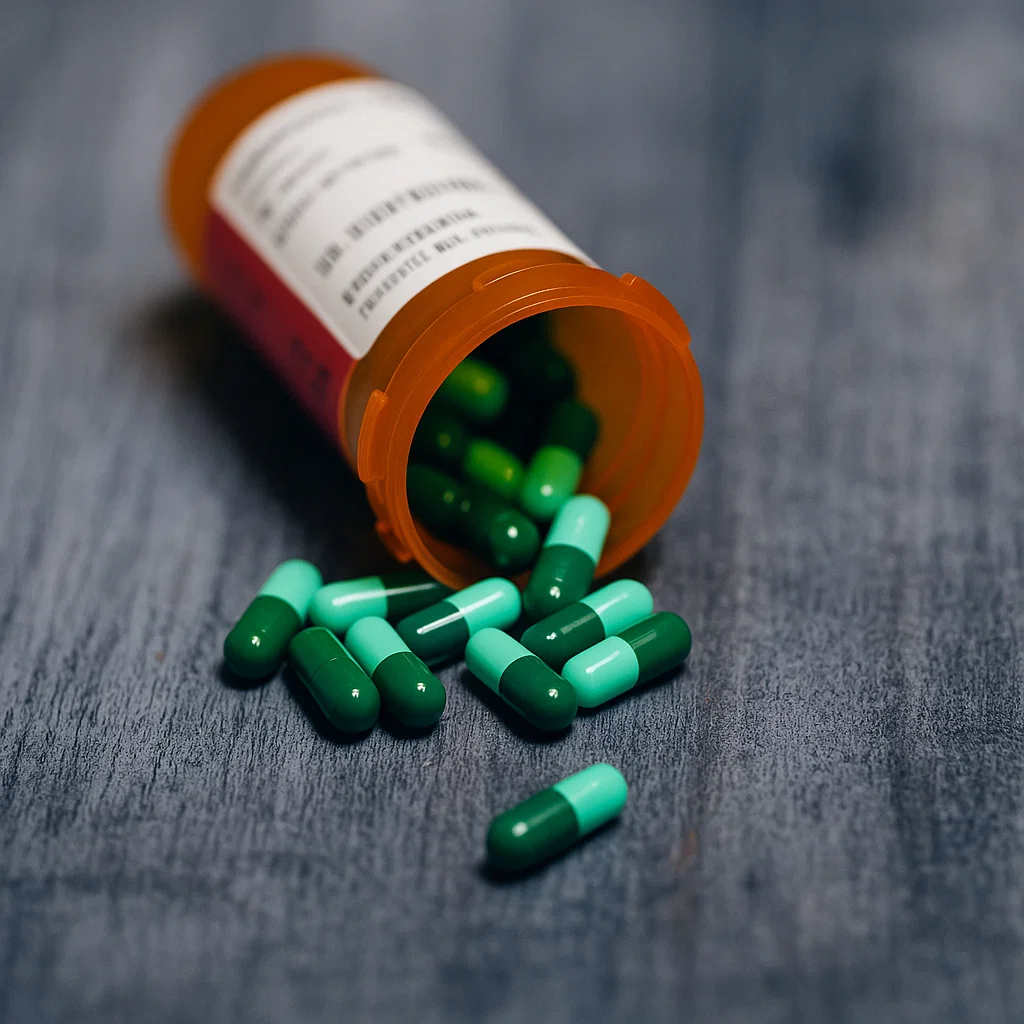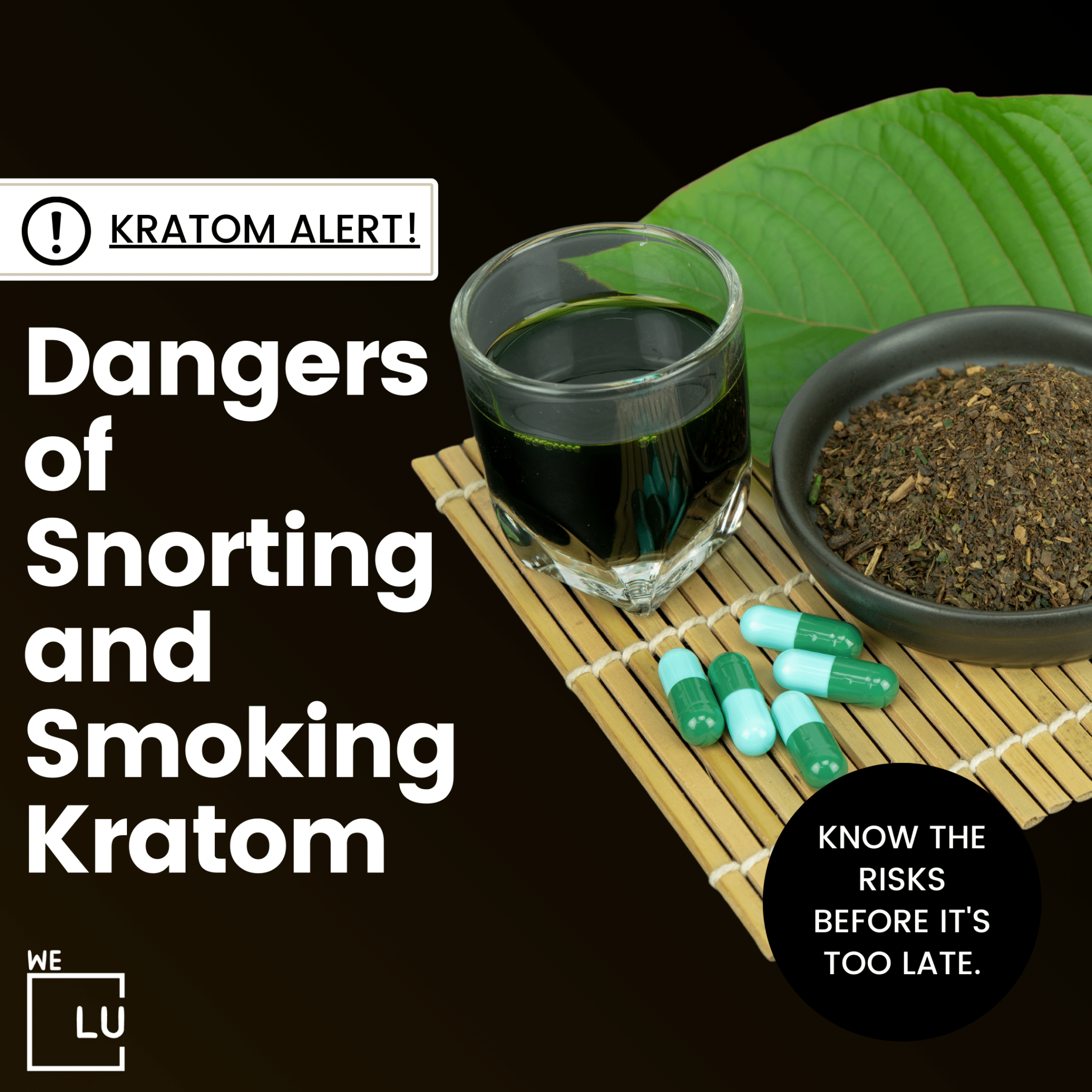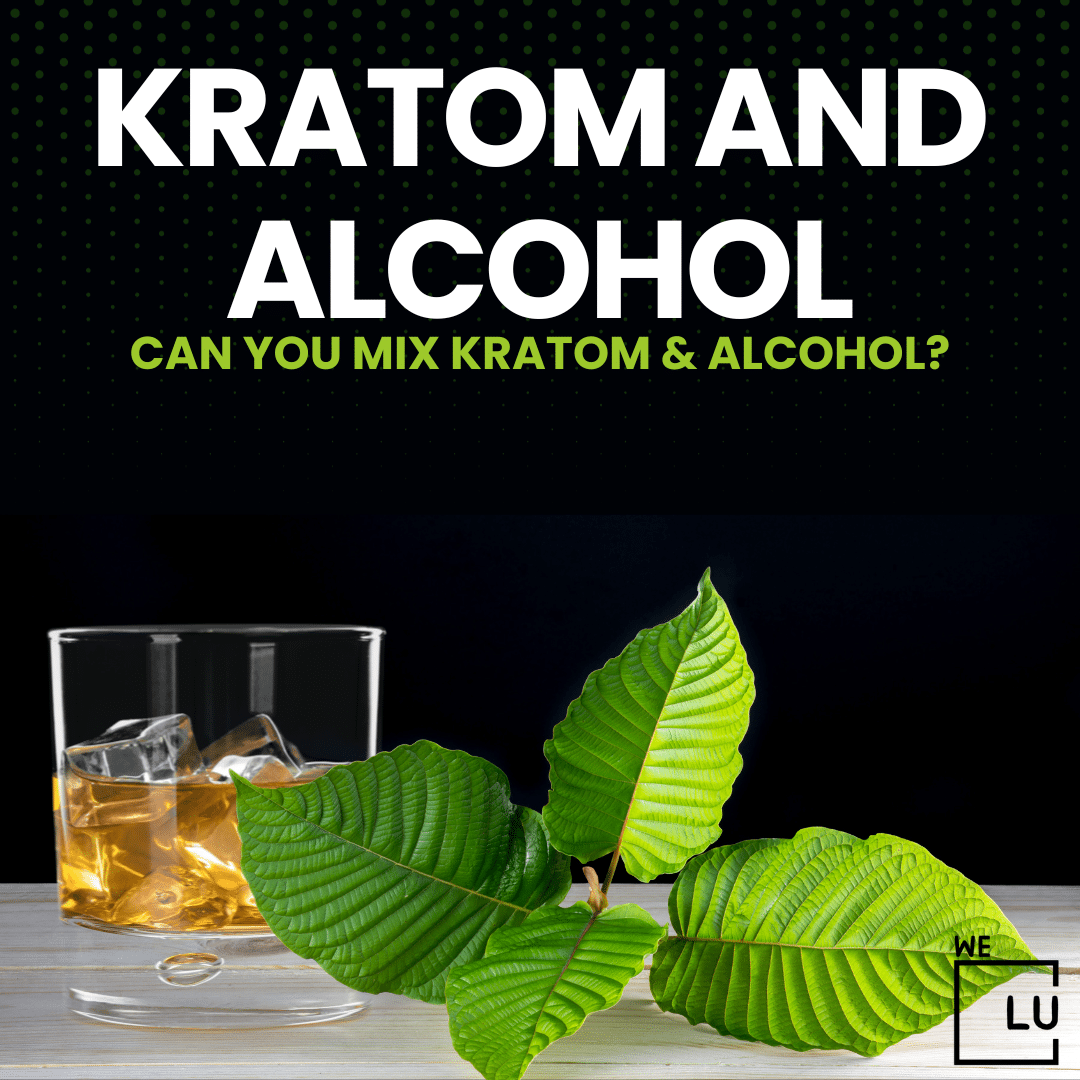Adderall, a medication containing amphetamine and dextroamphetamine, is commonly prescribed to treat attention deficit hyperactivity disorder (ADHD). Individuals using the medication should understand how long Adderall remains in the system, as it affects factors such as dosing schedules and potential interactions with other substances.
How long does adderall last? The duration that Adderall stays in the system can vary based on individual factors, and knowing this information is crucial for both healthcare providers and individuals to ensure the safe and effective use of the medication.
How Long Does Adderall Last In Your System?
The duration that Adderall (amphetamine and dextroamphetamine) remains in your system can vary based on several factors, including individual metabolism, dosage, frequency of use, and other personal factors. Here are general estimates for the detection window of Adderall in various biological samples:
- Urine: Adderall is typically detectable in urine for about 1 to 2 days after use. However, in some cases, especially with higher doses or chronic use, it may be detectable for up to 4 days.
- Blood: Adderall can be detected in the bloodstream for 12 to 24 hours after use. Blood tests are less common for detecting amphetamines unless there are specific concerns or legal situations.
- Saliva: Adderall is detectable in saliva for a shorter duration, usually up to 48 hours after use.
- Hair: Hair tests have a longer detection window and can detect Adderall for up to 90 days. However, hair testing is less commonly used for amphetamines.
It’s important to note that individual variations, including factors like age, liver function, hydration, and the presence of other medications, can influence how quickly the body metabolizes and eliminates Adderall.
Suppose you have concerns about drug testing or how long Adderall might be detectable in your system. In that case, discussing these concerns with a healthcare professional or the entity conducting the drug test is recommended. Always take medications, including Adderall, as prescribed by a healthcare provider, and inform them of any other substances you are taking to ensure safe and effective use.
How Long Do The Effects of Adderall Last?
The duration of the effects of Adderall (amphetamine and dextroamphetamine) can depend on the specific formulation (immediate-release or extended-release) and individual factors such as metabolism, tolerance, and the presence of other medications. Here are general guidelines for the duration of effects:
Keep in mind that Individual responses can vary. Factors such as body weight, metabolism, and the presence of certain medical conditions can influence how quickly the body processes and eliminates Adderall. Additionally, tolerance may develop over time, leading to a reduction in perceived effectiveness.
The medication is commonly prescribed to manage attention deficit hyperactivity disorder (ADHD), and its duration of action aligns with the need for sustained symptom control throughout the day.
Always take Adderall as prescribed by a healthcare professional, and avoid adjusting the dosage or frequency without consulting your healthcare provider. Abruptly stopping or changing the medication regimen can lead to withdrawal symptoms and should be done under the guidance of a healthcare professional.
How Long Does Adderall IR Last?
Immediate-release (IR) Adderall effects typically begin 30 to 60 minutes after taking the medication. The effects of immediate-release Adderall usually last about 4 to 6 hours.
How Long Does Adderall XR Last?
Extended-release (XR) Adderall, also known as Adderall XR, has a more gradual onset of effects. The effects of extended-release Adderall can last for approximately 8 to 12 hours, allowing for once-daily dosing.
Below is a simplified table outlining the approximate duration of effect for Adderall based on dosage and formulation:
| Formulation | Dosage | Duration of Effect |
|---|---|---|
| Immediate-Release (IR) | 5 mg | 4-6 hours |
| 10 mg | 4-6 hours | |
| 20 mg | 4-6 hours | |
| 30 mg | 4-6 hours | |
| Extended-Release (XR) | 10 mg | 8-12 hours |
| 20 mg | 8-12 hours | |
| 30 mg | 8-12 hours | |
| 40 mg | 8-12 hours |
Dosage adjustments should be made under the guidance of a healthcare professional. The provided durations are approximate and can vary based on individual factors. It’s crucial to follow the prescribed dosage and schedule and to communicate any concerns or side effects with your healthcare provider. Extended-release formulations are designed to provide a more sustained effect, allowing for once-daily dosing.
What Is Adderall?
Adderall is a prescription medication that contains two active ingredients: amphetamine and dextroamphetamine. It belongs to a class of drugs known as central nervous system stimulants. Adderall is primarily used to treat attention deficit hyperactivity disorder (ADHD) and narcolepsy.
The combination of amphetamine and dextroamphetamine in Adderall works by affecting certain neurotransmitters in the brain, particularly dopamine and norepinephrine. These neurotransmitters play a role in regulating attention, impulse control, and hyperactivity.

Skip To:
Learn More:
- Adderall Side Effects In Females, Addiction, Pregnancy, Weight Loss, Serious Side Effects & Treatment
- Adderall Side Effects In Men, Addiction, Erectile Dysfunction & Treatment
- Is Adderall Addictive? Signs and Symptoms. How Addictive is Adderall? Is Adderall Addictive for ADHD?
- Adderall Addiction Signs, Physical and Psychological Effects, Behavioral Signs & Treatment
- Adderall Withdrawal, Symptoms, Duration, Timeline, Detox, Addiction, Overdose & Treatment
- Mixing Adderall And Alcohol, Addiction, Dangers, Short & Long Term Risks

Get Your Life Back
Find Hope & Recovery. Get Safe Comfortable Detox, Addiction Rehab & Dual Diagnosis High-Quality Care.
Hotline (855) 695-1160How Long Does Adderall Stay In Your System Infographic

Adderall Half Life
The half-life of a drug refers to the time it takes for half of the substance to be eliminated from the body. For Adderall, which contains amphetamine and dextroamphetamine, the half-life is approximately 9 to 14 hours. This means that it takes about 9 to 14 hours for half of the drug to be cleared from the bloodstream. While the half-life indicates how long the drug remains in the body, the effects of Adderall may be felt for a shorter duration, especially for the immediate-release formulation. The extended-release formulation is designed to provide a more sustained effect over an extended period, with effects lasting up to 12 hours.
Individual factors, such as metabolism, age, liver function, and other medications taken concurrently, can influence how quickly the body processes and eliminates Adderall. If you have specific concerns about the duration of the medication’s effects or its presence in your system, discussing these concerns with your healthcare provider is recommended. They can provide guidance based on your individual health and treatment plan.
Get Help. Get Better. Get Your Life Back.
Searching for an Accredited Drug and Alcohol Rehab Centers in Near You?
Even if you have failed previously and relapsed, or are in the middle of a difficult crisis, we stand ready to support you. Our trusted behavioral health specialists will not give up on you. When you feel ready or just want someone to speak to about therapy alternatives to change your life call us. Even if we cannot assist you, we will lead you to wherever you can get support. There is no obligation. Call our hotline today.
FREE Addiction Hotline – Call 24/7
Effects of Adderall
Adderall, a medication containing amphetamine and dextroamphetamine, is commonly prescribed to treat attention deficit hyperactivity disorder (ADHD) and narcolepsy. Its effects primarily result from stimulating certain neurotransmitters, particularly dopamine and norepinephrine. Here are some of the effects of Adderall:
- Increased Alertness: Adderall is a central nervous system stimulant that can lead to increased wakefulness and alertness.
- Improved Focus: One of the primary reasons for prescribing Adderall is to enhance attention and focus, particularly in individuals with ADHD.
- Reduced Impulsivity: Adderall can help mitigate impulsive behavior, a common symptom in individuals with ADHD.
- Enhanced Executive Function: Executive functions, such as planning, organization, and decision-making, may improve using Adderall.
- Elevated Mood: Some individuals may experience a positive impact on mood, as stimulants like Adderall can have mood-enhancing effects.
- Increased Energy: Adderall can lead to increased energy levels and reduced feelings of fatigue.
- Appetite Suppression: A common side effect of Adderall is a decrease in appetite, which can lead to weight loss in some individuals.
- Extended Wakefulness (Narcolepsy): In individuals with narcolepsy, Adderall can help manage excessive daytime sleepiness and improve wakefulness.
While Adderall can be effective in managing the symptoms of ADHD and narcolepsy, it is a prescription medication with the potential for side effects and misuse. It should be taken under the supervision of a healthcare professional, and the prescribed dosage and schedule should be followed.
Additionally, individual responses to Adderall can vary; not everyone will experience the same effects. It’s crucial to communicate openly with your healthcare provider about your reaction to the medication, any concerns, or any side effects you may be experiencing.
Comfortable Facilities & Amenities
High-Quality Addiction & Mental Health Rehabilitation Treatment
Rehab Centers TourRenowned California Addiction Center. Serene Private Facilities. Inpatient rehab programs vary.
Addiction Helpline (855) 695-1160Proven recovery success experience, backed by a Team w/ History of:
15+
Years of Unified Experience
100s
5-Star Reviews Across Our Centers
10K
Recovery Success Stories Across Our Network
- Low Patient to Therapist Ratio
- Onsite Medical Detox Center
- Comprehensive Dual-Diagnosis Treatment
- Complimentary Family & Alumni Programs
- Coaching, Recovery & Personal Development Events
What Does It Feel Like When You Take Adderall?
When individuals take Adderall, they often report experiencing a combination of physical and mental effects. It’s important to note that individual responses can vary, and the following description provides a general overview of what some people may feel when taking Adderall:
- Increased Alertness: Adderall is a stimulant, and one of the primary effects is heightened alertness. Individuals may feel more awake and focused.
- Improved Concentration: Many people taking Adderall, particularly those with ADHD, report improved concentration and the ability to focus on tasks for an extended period.
- Elevated Mood: Some individuals may experience a boost in mood, feeling more positive and motivated.
- Increased Energy: Adderall can lead to increased energy levels and a reduction in feelings of fatigue.
- Enhanced Productivity: With improved concentration and focus, individuals may be more productive in their work or daily activities.
- Reduced Impulsivity: Individuals with ADHD often struggle with impulsivity, and Adderall can help mitigate this, leading to more thoughtful and controlled behavior.
- Appetite Suppression: A common side effect of Adderall is a decrease in appetite, which can lead to reduced feelings of hunger.
- Sense of Calmness: Some individuals report a feeling of calmness and the ability to approach tasks with greater organization and control.
Not everyone will experience these effects; some individuals may experience side effects or find the medication less tolerable. Additionally, the misuse or excessive use of Adderall can lead to negative consequences, including increased heart rate, insomnia, and potential dependency.
If you are prescribed Adderall, it’s crucial to take it as directed by your healthcare provider and communicate openly about any effects or concerns you may have. Misuse of prescription medications can have serious health implications and should be avoided.
World-class, Accredited, 5-Star Reviewed, Effective Addiction & Mental Health Programs. Complete Behavioral Health Inpatient Rehab, Detox plus Co-occuring Disorders Therapy.
CALL (855) 695-1160End the Addiction Pain. End the Emotional Rollercoaster. Get Your Life Back. Start Drug, Alcohol & Dual Diagnosis Mental Health Treatment Now. Get Free No-obligation Guidance by Substance Abuse Specialists Who Understand Addiction & Mental Health Recovery & Know How to Help.
Is Adderall Addictive?
Yes, Adderall can be addictive. Adderall contains amphetamine and dextroamphetamine, which are stimulant medications. These substances affect neurotransmitters in the brain, particularly dopamine, leading to increased alertness and a sense of focus. While Adderall is a commonly prescribed medication for conditions like attention deficit hyperactivity disorder (ADHD), it has the potential for abuse and dependence, especially when used outside of medical guidelines.
Several factors contribute to the addictive nature of Adderall:
- Dopamine Release: Adderall increases dopamine release in the brain, creating a sense of pleasure and reward. This can contribute to the reinforcing effects of the drug.
- Tolerance: Individuals may develop tolerance with continued use, requiring higher doses to achieve the desired effects.
- Dependence: Long-term use of Adderall can lead to physical and psychological dependence. Addiction occurs when the body adapts to the presence of the drug, and individuals may experience withdrawal symptoms when not taking it.
- Misuse: Some individuals misuse Adderall by taking higher doses than prescribed, using it without a prescription, or using it for non-medical reasons, such as to enhance cognitive performance.
- Cravings: People who misuse Adderall may experience intense cravings for the drug, making it challenging to stop use.
Use Adderall only as prescribed by a healthcare professional and communicate openly about any concerns or side effects. Abruptly stopping Adderall without medical guidance can lead to withdrawal symptoms and other adverse effects. If there are concerns about the potential for addiction, discuss them with a healthcare provider for guidance and support.
Adderall Drug Interactions
Adderall (amphetamine and dextroamphetamine) can interact with various medications, potentially affecting its effectiveness or increasing the risk of side effects. It’s crucial to inform your healthcare provider about all medications, supplements, and substances you are taking to minimize the risk of interactions. Here are some common drug interactions associated with Adderall:
- Monoamine Oxidase Inhibitors (MAOIs): Concomitant use of Adderall with MAOIs, or within 14 days of discontinuing MAOIs, is contraindicated due to the risk of serotonin syndrome.
- Serotonergic Medications: Combining Adderall with other serotonergic medications, such as certain antidepressants or triptans used for migraines, may increase the risk of serotonin syndrome.
- Antihypertensive Medications: Adderall can increase blood pressure and heart rate. Combining it with antihypertensive medications may reduce the antihypertensive effect.
- Acidifying Agents: Medications or substances that acidify the urine can decrease the elimination of amphetamines, potentially increasing their concentration in the body.
- Alkalinizing Agents: Medications or substances that alkalinize the urine can increase the elimination of amphetamines, potentially reducing their effectiveness.
- Antacids: Some antacids containing aluminum hydroxide can decrease the absorption of Adderall.
- Antidepressants: Certain antidepressants, especially selective serotonin reuptake inhibitors (SSRIs) or serotonin-norepinephrine reuptake inhibitors (SNRIs), may interact with Adderall and increase the risk of serotonin syndrome.
- Antipsychotics: Combining Adderall with antipsychotic medications may increase the risk of cardiovascular side effects.
- Blood Thinners: Adderall may increase the effects of blood thinners, leading to an increased risk of bleeding.
- Anticonvulsants: Some anticonvulsant medications may increase the clearance of amphetamines, potentially reducing their effectiveness.
This list is not exhaustive, and individual responses can vary. Always inform your healthcare provider about all medications and substances you are taking to ensure the safe and effective use of Adderall. Dosage adjustments or alternative medications may be considered to minimize potential interactions.
Experience Transformative Recovery at the We Level Up California Treatment Center.
See our authentic success stories. Get inspired. Get the help you deserve.



Start a New Life
Begin with a free call to an addiction & behavioral health treatment advisor. Learn more about our dual-diagnosis programs. The We Level Up treatment center network delivers recovery programs that vary by each treatment facility. Call to learn more.
- Personalized Care
- Caring Accountable Staff
- World-class Amenities
- Licensed & Accredited
- Renowned w/ 100s 5-Star Reviews
We’ll Call You
Prescription Drug Abuse & Prescription Medication Addiction Recovery & Sobriety Story
Search How Long Does Adderall Last, Drug & Alcohol Rehab / Detox & Mental Health Topics & Resources
Sources
- National Institute on Drug Abuse (NIDA) – https://www.drugabuse.gov/drug-topics/prescription-stimulants/adderall-addiction.
- National Library of Medicine – https://medlineplus.gov/druginfo/meds/a601234.html Related: Adderall Half Life, Half Life Of Adderall,
- U.S. National Library of Medicine DailyMed. Adderall. February 2022. Available at: https://dailymed.nlm.nih.gov/dailymed/drugInfo.cfm?setid=f22635fe-821d-4cde-aa12-419f8b53db81. Related: Adderall Half Life, How Long Does 20mg Of Adderall Last, Half Life Of Adderall, How Long Does 10 mg Of Adderall Last, How Long Does 20mg Adderall Last, How Long Does Adderall IR Last,
- U.S. National Library of Medicine DailyMed. Adderall XR. March 2022. Available at: https://dailymed.nlm.nih.gov/dailymed/drugInfo.cfm?setid=aff45863-ffe1-4d4f-8acf-c7081512a6c0#section-12. Related: Adderall Half Life, Half Life Of Adderall,
- NIDA. “Prescription Stimulants DrugFacts.” National Institute on Drug Abuse, 6 Jun. 2018, https://nida.nih.gov/publications/drugfacts/prescription-stimulants Related: Adderall Half Life, How Long Does 20mg Of Adderall Last, Half Life Of Adderall, How Long Does 10 mg Of Adderall Last, How Long Does 20mg Adderall Last, How Long Does Adderall IR Last,
- Martin D, Le JK. Amphetamine. [Updated 2023 Jul 31]. In: StatPearls [Internet]. Treasure Island (FL): StatPearls Publishing; 2023 Jan-. Available from: https://www.ncbi.nlm.nih.gov/books/NBK556103/




